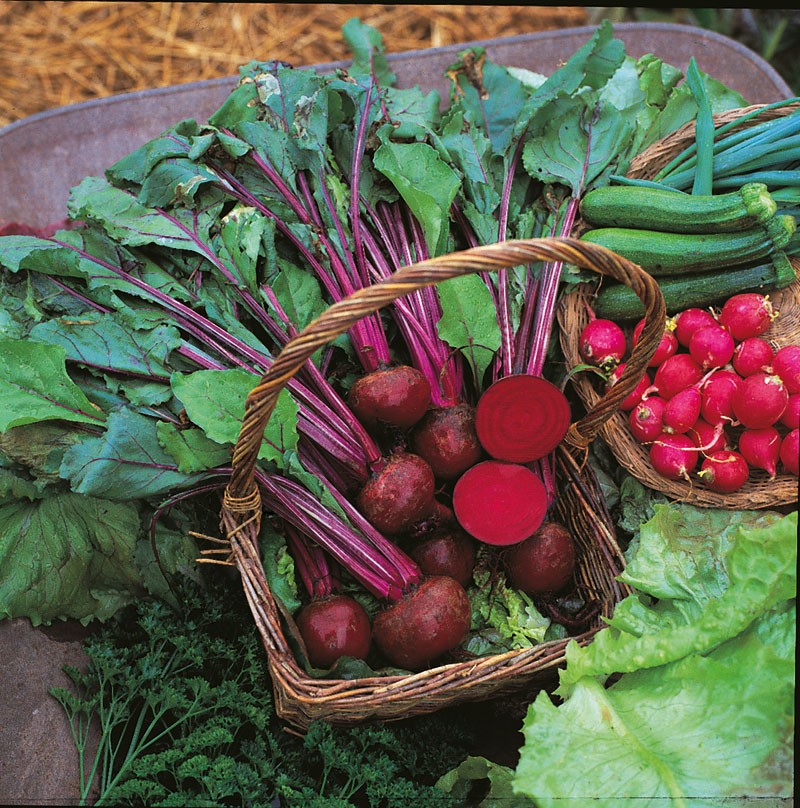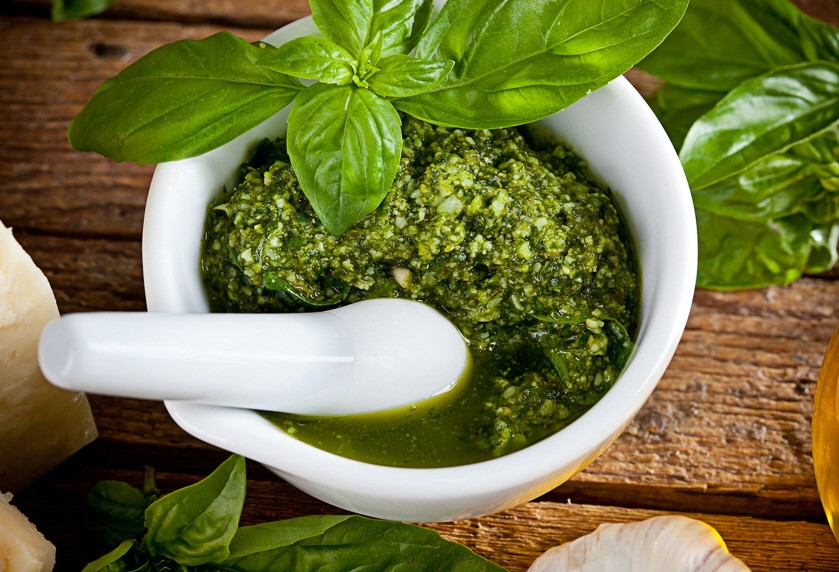Diabetes
Stress
Your Custom Text Here
Diabetes
Stress

The soup can be frozen for up to 2 months.
Food remedies
Pumpkin is a great source of beta-carotene, which helps protects the body from damaging molecules called free radicals. Free radicals damage cells through a process known as oxidation. Over time, this damage could lead to a number of chronic illnesses. There is evidence that eating more antioxidants foods helps boost your immune system, protect against free radicals, and may lower your risk of heart disease
Pumkin in rich in B-complex and minerals like copper, calcium, potassium & phosphorus good source of dietary fiber & mono-unsaturated fatty acids
Pumpkin seeds are an excellent source of tryptophan is converted by the body into the feel-good neurotransmitter serotonin. The body cannot produce tryptophan so we need to get enough through our diets, if we don’t we could suffer from a deficiency leading to low serotonin levels which are associated with mood disorders, anxiety and carbohydrate cravings.
Both Coconut and Pumkin have anti-inflammatory anti-fungal & anti-parasitic properties.
 Beetroot is a delicious root vegetable with dark, purple skin and pinky purple flesh. It sweet flavours and vivacious colour offers itself to both sweet and savoury dishes. It can be eaten you raw, by simply peel with a potato peeler and grate into a salad or my favourite way it using a spiralizer which turns into pretty ribbons. It can also be cooked in boiling water this usually takes around 15 minutes, or roasted at 180ºC until soft.
Beetroot is a delicious root vegetable with dark, purple skin and pinky purple flesh. It sweet flavours and vivacious colour offers itself to both sweet and savoury dishes. It can be eaten you raw, by simply peel with a potato peeler and grate into a salad or my favourite way it using a spiralizer which turns into pretty ribbons. It can also be cooked in boiling water this usually takes around 15 minutes, or roasted at 180ºC until soft.
Since Roman times, beetroot has been viewed as an aphrodisiac. It has a 'medium' Glycaemic Index of 64 and a an extremely low GL of 2.9 which means it’s converted into sugars very slowly which helps to keep blood sugar levels stable keeping you in the health promoting zone.
One study by Wake Forest University in North Carolina, USA found that the high content of nitrates in beetroot may help fight the progression of dementia as nitric oxide in the blood, produced by the nitrates in beetroot, helps increase blood flow to the brain. Beetroot’s folic acid may also play a part as studies suggest it can help protect against Alzheimer’s and dementia.
Folic acid is also essential for normal tissue growth and is crucial to the development of a baby’s spinal cord during the first three months of pregnancy as it helps prevent spinal cord defects such as spina bifida. Making beetroot a great food for expand mums to be munching on in the first few weeks of pregnancy.
Beetroot contains soluble fibre, which has also been shown to have cholesterol lowering competencies. It also contains carotenoids and flavonoids, which help prevent LDL or ‘bad’ cholesterol from being oxidised and deposited in the arteries.
Raw beetroot should have their stalks fresh, not wilting and roots nice and firm and intact.
 Do you want to boost your immune system?
Boost your metabolism?
Eat to be happy?
Then this pesto is just what you need! Rich in essential fatty acids, protein and antioxidants and it also contains plenty of immune boosting antioxidants.
2 Tbsp of walnuts
2 Tbsp of pine nuts
40g (1/4 cup) grated Parmesan cheese
25g (1/2 cup) fresh basil
2 garlic cloves
115ml (1/2 cup) extra virgin olive oil
Put all ingredients in a food processor and blend until a smooth pesto paste.
Do you want to boost your immune system?
Boost your metabolism?
Eat to be happy?
Then this pesto is just what you need! Rich in essential fatty acids, protein and antioxidants and it also contains plenty of immune boosting antioxidants.
2 Tbsp of walnuts
2 Tbsp of pine nuts
40g (1/4 cup) grated Parmesan cheese
25g (1/2 cup) fresh basil
2 garlic cloves
115ml (1/2 cup) extra virgin olive oil
Put all ingredients in a food processor and blend until a smooth pesto paste.
Pesto doesn't have to be teamed with pasta! I love pesto but to be honest im not a massive fan of pasta, so here are 5 way I enjoy pesto without pasta. 1. Mix It Into Dips Mix a little pesto in with live natural yogurt or sour cream, 2. Drizzle over salads Thinned with a little more oil and drizzle over for summer salads. 3. Use on bread instead of butter Using pesto instead of butter an entirely different layer of flavor to sandwiches or toast! 4. Dress vegetables Instead of butter or gravy, use a tablespoon of pesto to garnish your vegetables. 5. Smear on chicken Pop in the oven and bake for a delicious moist chicken!
 Radish are part of the cruciferous vegetable like broccoli, spouts and cauliflower but are typically underappreciated pushed around on crudité and generally over looked. Despite this radishes are said to be both antibacterial and anti-fungal as well as a mild diuretic. They are a very rich source of Vitamin C, contain both folic acid and anthocyanins which are believed to be excellent for easing sinus congestion, sore throats and chest colds.
Radish are part of the cruciferous vegetable like broccoli, spouts and cauliflower but are typically underappreciated pushed around on crudité and generally over looked. Despite this radishes are said to be both antibacterial and anti-fungal as well as a mild diuretic. They are a very rich source of Vitamin C, contain both folic acid and anthocyanins which are believed to be excellent for easing sinus congestion, sore throats and chest colds.
Radishes also contain a group of compounds called isothiocyanates. Researchers at University in India tested parts of the radish against human cancer cells. The results of their study were published in the September 2010 issue of "Plant Foods For Human Nutrition," and show that the compounds in the radish bulb and root, affect genetic pathways in the cancer cells, inducing cancer cell death.
Radishes also contain fiber which helps ensure your bowels fully function. Fiber can also slow the absorption of sugar which could help improve blood sugar levels. A healthy diet that includes insoluble fiber may also reduce the risk of developing type 2 diabetes.
Their high vitamin C content means that regular consumption of radishes could help prevent viral infections. Other benefits of vitamin C may include protection against immune system deficiencies, cardiovascular disease, prenatal health problems, eye disease, and even skin wrinkling.
They contain a variety of sulfur-based chemicals which can help increase the flow of bile, which is helpful in maintain a healthy gallbladder and liver, and could also help improve digestion. Radishes are also good to eat with starchy foods such as pasta, potatoes, and grains as they have enzymes that aid in the secretion of digestive juices
The green tops are highly nutritious and mineral rich and should be valued as their roots. They are also delicious so don’t throw them away! They contain far more vitamin C, calcium, and protein than the roots. Add them to green smoothies, salads or juice them.
Kirsten Davies | The Food Remedy